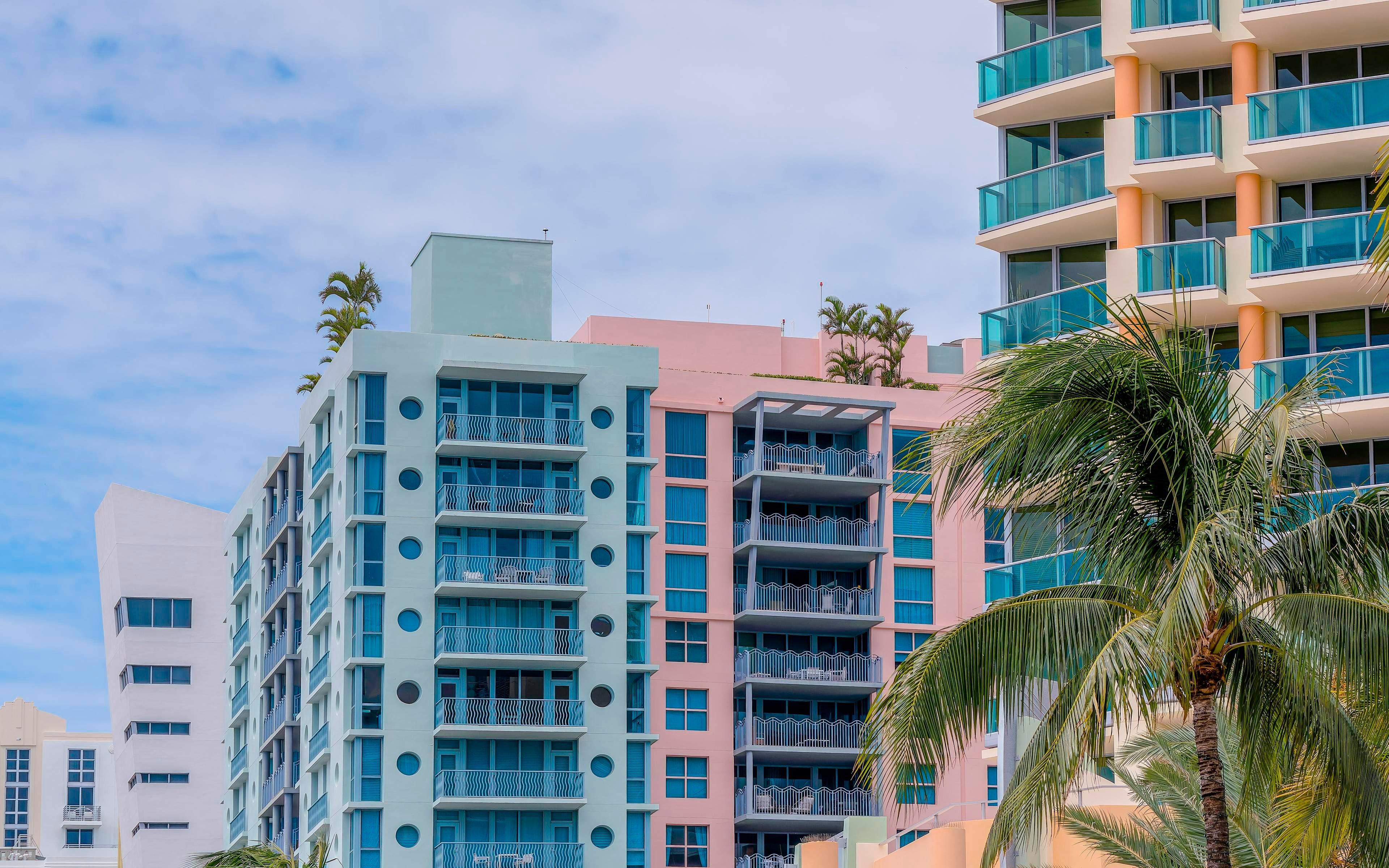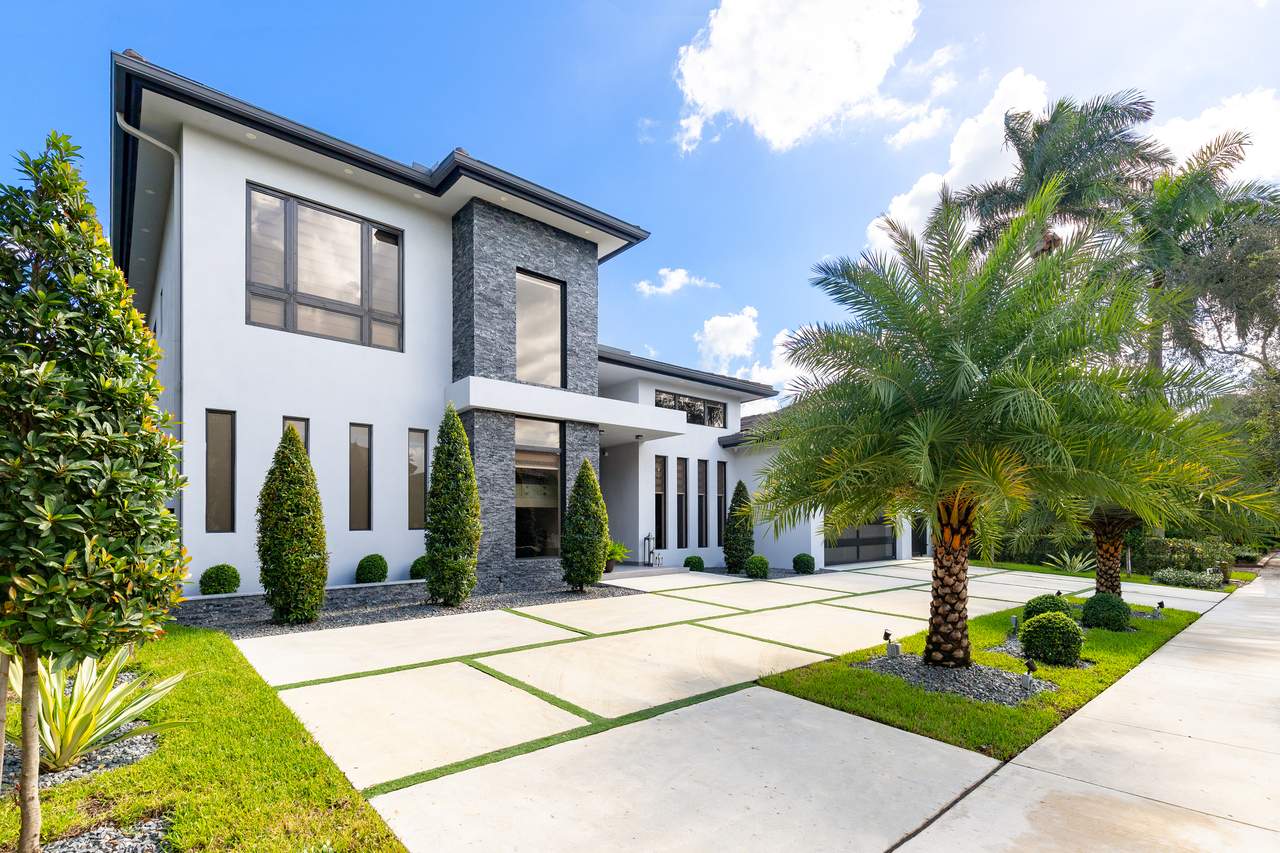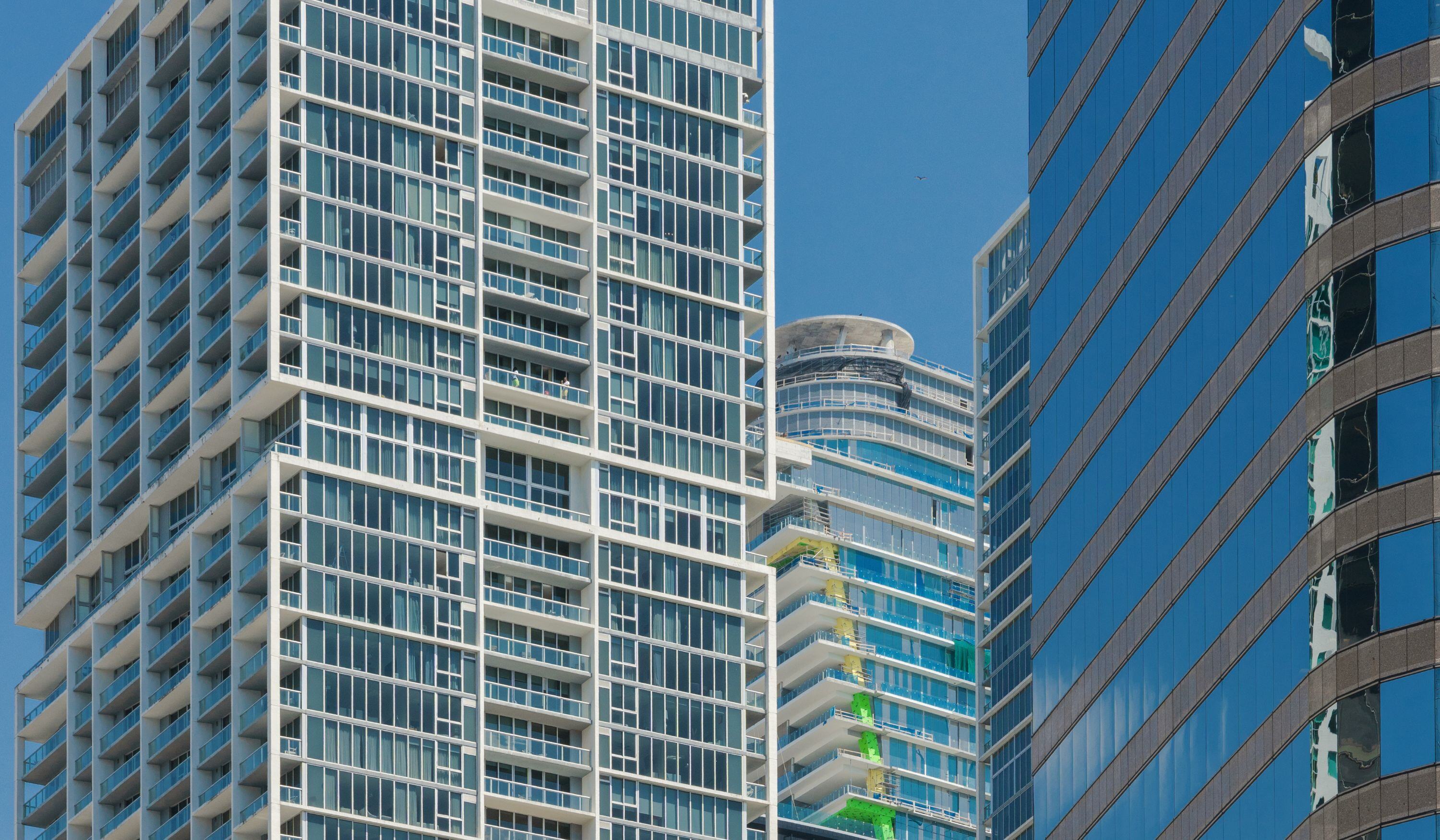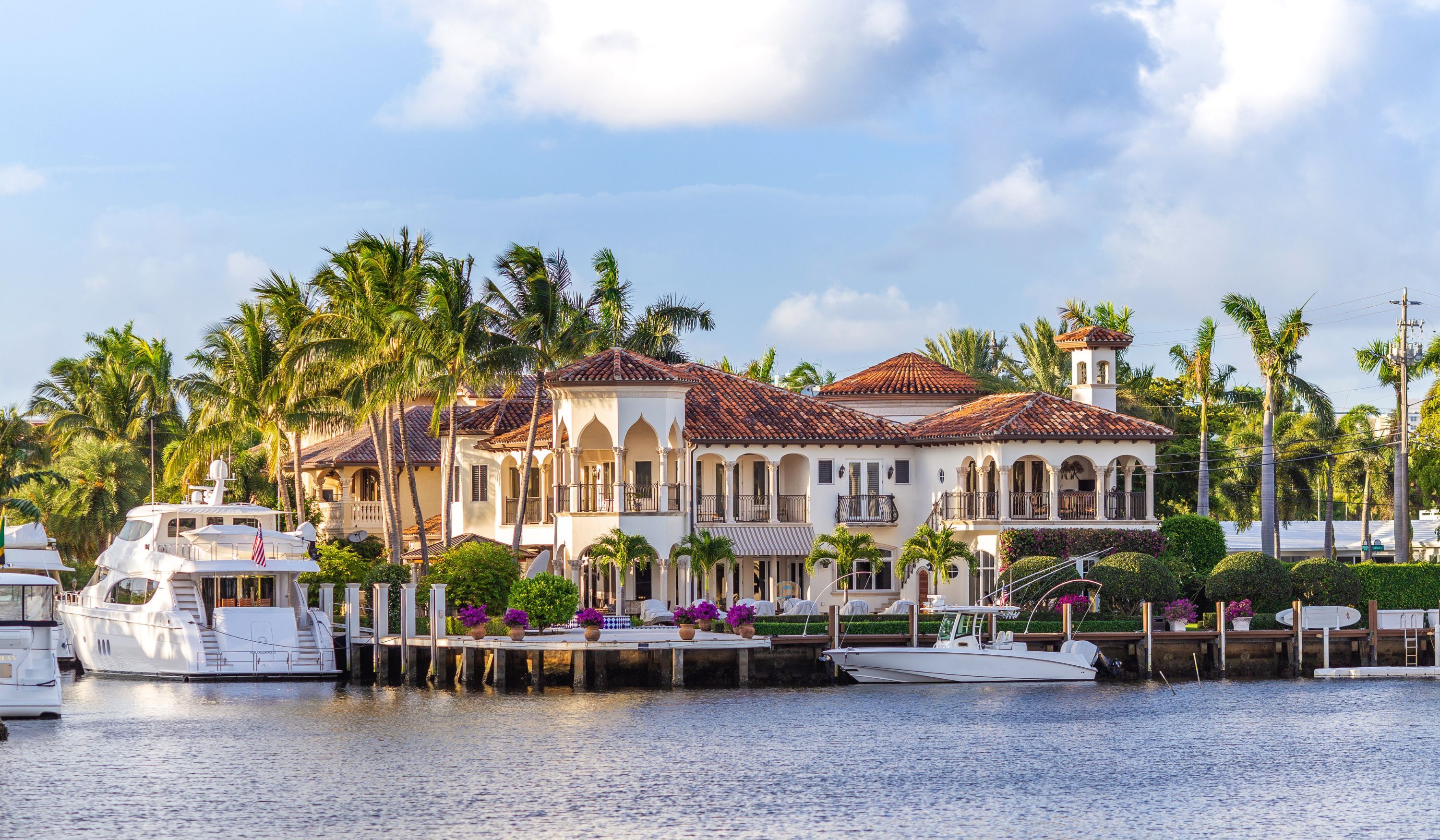Secure funding fast with
a commercial bridge loan
Up to 65% financing for CRE projects in Florida and New York.



Trusted lending partner for commercial investors and developers
Specializing in large-scale and complex commercial transactions.
A commercial bridge loan, offered through our bridge loan program, is a short-term financing solution designed to help CRE investors "bridge the gap" in liquidity until long-term financing can be secured. As reputable bridge loan lenders, we provide flexible and competitive commercial real estate bridge loans to meet your needs.
Commercial Program Overview:
- Up to 65% financing
- No max loan amount
- 12-36 month terms
- Fixed and variable rates available
- No income verification
- No minimum credit score
- Available for foreign nationals
- Owner-occupied allowed
- Only available for properties in Florida and New York
Check out our recently closed transactions to get an idea of the types of commercial deals we specialize in.
Eligible Commercial Assets:
- Office
- Mixed-Use
- Multifamily properties (5+ units)
- Retail
- Industrial
- Vacant Land
- Self-storage facilities
As experienced bridge lenders, we specialize in financing various property types and understand their unique characteristics and potential, enabling us to provide tailored financing solutions to meet your investment goals.
A commercial bridge loan is primarily used by real estate investors as a short-term solution until a long-term solution is put in place.
As a CRE investor or developer, a commercial bridge loan can be used in cases when you:
- Require super jumbo financing (over $2M)
- Want to acquire a new property while you wait for your existing property to sell
- Want to tap into the equity of your existing investment property to make improvements or buy another property
- Have contractual obligations that requires a fast closing or are at risk of losing deposits
- Are purchasing land and pending approval for a construction loan
- Are a foreign national with unverifiable income and/or no U.S. credit history
This type of loan tends to have higher interest rates than other, longer-term traditional loan options. These relatively high interest rates are due to the additional risks incurred by lenders. At present, rates for bridge financing hover between 9.5% and 12%.
Said rates can vary based on whether or not the property you’re purchasing is developed or not — for example, if you purchase a property that already has an office building on it, you may pay less interest. This is because loans for undeveloped land can be riskier, so it’s considered in the underwriting process.
Due to these high interest rates, when you set up a bridge loan, you’ll want to have a plan set up either for future refinancing or quick payment. When considering bridge loans, borrowers should consider it as a more temporary option rather than a permanent financing solution.
If you’re looking to invest in commercial properties but you know you tend to have gaps in your cash flow throughout the year, this bank loan may be a good option for you, provided you can work with the repayment terms.
To determine your eligibility for commercial financing with Vaster, please contact us to schedule a 1-on-1 with a commercial loan advisor.
At Vaster, we offer commercial mortgage solutions and a range of financing options, including short-term loans, long-term loans, and private money loans. While our commercial bridge loans may have higher interest rates due to their short-term nature, they provide the flexibility and speed required to bridge the gap in your financing needs.
Contact us to schedule a one-on-one consultation with a commercial loan advisor who can guide you through the qualification requirements and determine the best financing solution for your needs.
Why choose Vaster?
Our commercial loan advisors provide a personalized and transparent approach to commercial lending, ensuring your loan terms align with the dynamics of your investment.

Vaster Market Insights
A powerful resource for Florida home buyers and investors, get the insights you need to make your next move from our Market Insights Blog.
Be the first to know.
Get exclusive access to our latest insights and upcoming events

Sign up
Get first access to all of our industry articles, reports, and downloadable content.


